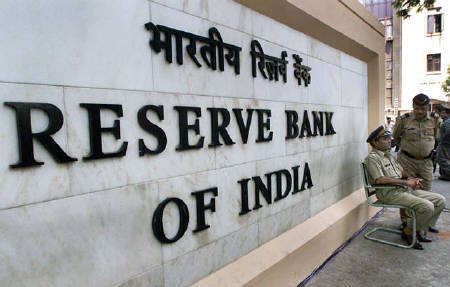India: Realistically FY12 GDP Growth May Not Exceed 6.9 per cent - Goldman Sachs.
Goldman Sachs' comments on FY12 GDP of India Inc:...
Read moreManhattan Criminal Court ( New York ) postpones Dominique Strauss Kahn's appearance in court till Monday !
A New York court appearance by IMF chief Dominique Strauss-Kahn to face charges he sexually assaulted a hotel maid has been postponed until Monday so he can undergo...
Read moreDominique Strauss Kahn : Key player to solve Greek Debt Crisis, but he is alleged in sex crime now what?
Dominique Strauss Kahn, who is considered to be a key player to solve Greek debt crisis, but he was alleged in sexual assault in New York yesterday. Now...
Read moreCautious Trade Alert: Hop-On Inc ( PINK : HPNN ) Penny Trade !!
Penny Stock Hop-On Inc ( PINK : HPNN ),...
Read moreCommodities might loose shine soon: History
The commodity boom may seem like a recent phenomenon, but in fact, it started 115 months ago, in 2001, according to Michael Darda, chief economist and chief market...
Read moreMonday May 16 2011: The day when US has reached its Ceiling Debt Limit ! What to expect from Obama ? Expert Opinions on Bonds and Mortgages !!
Finally the day has arrived where US ( Barack Obama ) will take action on spending cuts to increase debt limit as there is long waited compromise between...
Read moreWho is Dominique Strauss Kahn? From Washington to France !!
IMF Logo Dominique Strauss Kahn is International Monetary Fund ( IMF ) head and managing director. He was arrested by New York Police today for an sexual assault...
Read moreIndia Inc hikes petrol prices by Rs 5/ liter ! is it deregulation or up regulation of fuel prices ?
From midnight today, there will be hike in petrol prices across the India according to the latest price hike announced by Oil Companies. It will be a biggest...
Read moreIndia rejecting fighter jet deal, missing opportunity: US
India's rejection of American bids for a multibillion dollar contract to supply fighter jets was a missed opportunity to deepen defense ties and share advanced technology, a senior...
Read moreCoward NATO force can't kill me: Gaddafi
According to a tape broadcasted in Libyan state television,words from Muammar Gaddafi were NATO is cowardly crusader and can't kill him.










